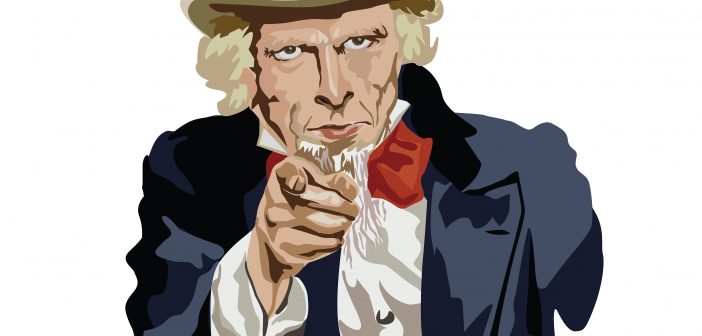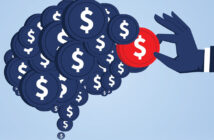What is government’s role in our future?
by ALFREDO ORTIZ
As the economy continues to rebound from the pandemic, nearly every industry is hitting the reset button. Out of necessity, new ways to provide goods and services were honed during the past year, and these changes could partially be here to stay. The hospitality industry is no exception, as temporary rules that allow restaurants to serve alcohol alongside to-go orders are being made permanent. And revamped cleaning standards at hotels alongside increasingly touchless guest experiences will allow consumer comfort levels to grow.
But along with any good situation comes a caveat. In addition to the wave of business innovation triggered by the pandemic, some policymakers could use economic recovery as a Trojan horse for additional government spending, red tape, and taxes, all of which will bridle economic growth down the road.
For example, the trillions of dollars in stimulus legislation passed by Congress and approved by the White House this year were targeted to help businesses stay afloat. But thoughtless add-on expenditures of dollars could fuel inflation.
WHERE DO WE GO NOW?
To pay for these massive spending packages, President Biden is prepared to hike tax rates on wealthier individuals and big businesses. Regardless of what level you believe these groups should be paying, increased taxes on them could have major unintended consequences for everyone else. Increased tax liabilities could translate to higher prices and decreased investments, which would have a depressing effect on economic growth. Calling on the inverse of the popular saying, a receding tide drags down all boats.
In parallel with an environment of higher taxes and inflation, rising gas prices could suppress consumer demand to travel. And hospitality businesses, notably hotels, would feel the brunt of the blow. After a year of effectively being shut down, hotels need all the occupants they can get.
Other pandemic-era policies that continue to be extended could also have a lasting impact on the job market and the ability of businesses to fill open positions. It could be argued expanded unemployment benefits from the federal government are incentivizing staying at home rather than returning to work. The labor force participation rate, which is the proportion of the population that currently has a job or is actively seeking one, dropped to 60.2% in 2020. Pushing that number up should be a priority of economic recovery.
As the U.S. continues to emerge from the pandemic and businesses shake-off the lingering effects of the coronavirus, economic prospects look bright. Let’s just hope Uncle Sam stays out of the way so Main Street can thrive.
Alfredo Ortiz is the President and CEO of the Job Creators Network.




